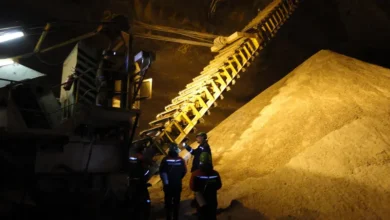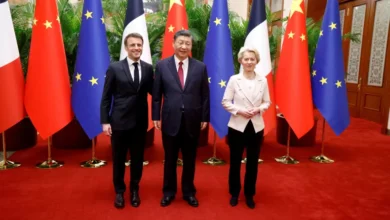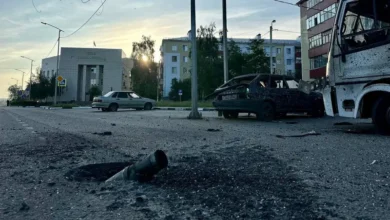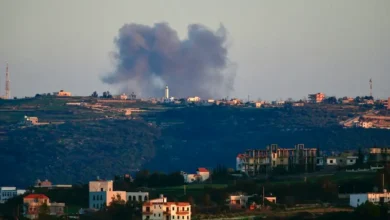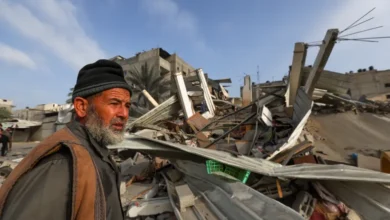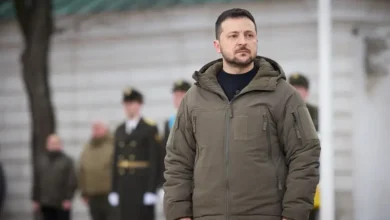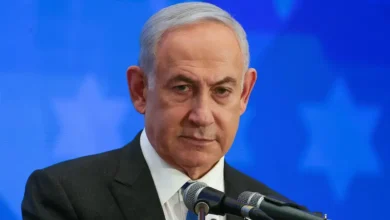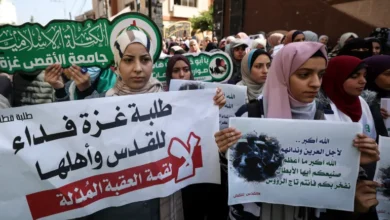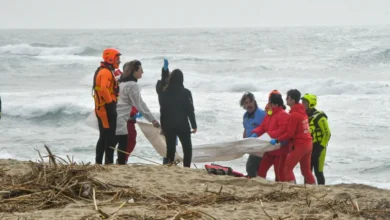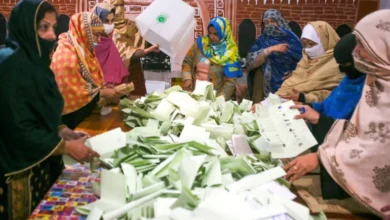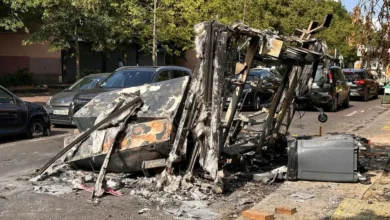UN General Assembly: What to expect as world leaders gather this week
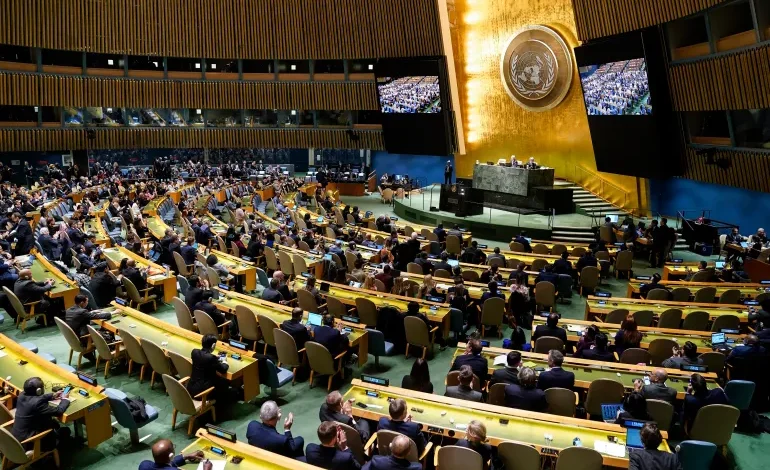
The climate crisis and the war in Ukraine are expected to figure prominently at the United Nations this week, as more than 140 leaders and state representatives from around the world descend on New York to address the 78th session of the UN General Assembly (UNGA).
The high-level General Debate, which begins on Tuesday following two weeks of meetings, is the most widely watched event in the UN’s annual calendar.It provides world leaders and heads of state the opportunity to lay out their priorities for the coming year, urge cooperation on pressing issues, and often, call out their adversaries.
“It is a one-of-a-kind moment each year for leaders from every corner of the globe to not only assess the state of the world but to act for the common good,” UN Secretary-General Antonio Guterres told reporters last week. “And action is what the world needs now.”
This year’s General Debate is being held under the theme, “Rebuilding trust and reigniting global solidarity: Accelerating action on the 2030 Agenda and its Sustainable Development Goals towards peace, prosperity, progress and sustainability for all”.
A series of bilateral discussions will also be held on the sidelines of the event.What is the overall role of the UN General Assembly?
The 193-member UN General Assembly debates matters of human rights, international law and cooperation in “economic, social, cultural, educational, and health fields”. It has the ability to pass resolutions and declarations meant to set out the guiding principles of the organisation.
According to the UN Charter, the body is also charged with addressing matters of international peace and security not currently being addressed by the UN Security Council (UNSC).
The UNGA approves the UN’s sprawling annual budget and one of its six main committees directly oversees the funding of peacekeeping missions around the world.
Who will speak at the General Debate?
The UNGA president typically delivers the first speech of the General Debate. This session’s leader, Dennis Francis from Trinidad and Tobago, has said (PDF) that he wants to prioritise greater multilateralism and equal opportunity during his tenure.
Brazil then traditionally delivers the first country speech, with President Luiz Inacio Lula da Silva expected to make climate change a centrepiece of his address. Lula, who took office in January, has vowed to re-establish Brazil as a global leader in the environment and bolster the protection of the critical Amazon rainforest after years of destruction.
The United States, as the host country, will then follow Brazil, with US President Joe Biden set to deliver an address to the General Assembly on Tuesday seeking to assert Washington’s role as a global leader.
From there, “the order of speakers then follows a complex algorithm reflecting level of representation, geographical balance, the order in which the request to speak was recorded, and other considerations”, the UN says on its website.

